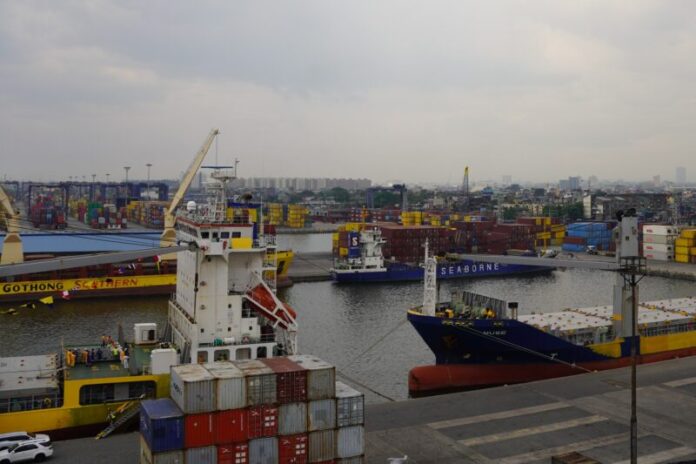-
A higher market share in the domestic shipping industry influences higher markups, according to a discussion paper by Philippine Institute for Development Studies
-
The paper said its findings imply that firms with high market share, substantial fixed assets, higher employment, and longer track record impose a higher level of markup
-
The level of markups on freight is set higher than the level of markups on passenger services
-
This is an indication that the freight business is more lucrative than the passenger business
Domestic shipping companies with higher market share tend to impose higher markups, according to a discussion paper by government think tank Philippine Institute for Development Studies (PIDS).
Titled “Market Power in the Philippine Domestic Shipping Industry”, the paper authored by Kris A. Francisco and Michael R.M. Abrigo, revealed challenges posed by the dominance of large companies in the local shipping sector and confirmed the “exercise of market power in the domestic shipping industry, as evidenced by high markups.”
Market power is the ability of a company to control prices in a particular industry, according to Cambridge dictionary.
The paper said its findings imply that firms with high market share, substantial fixed assets, higher employment, and with longer track record impose a higher level of markup. “This is intuitive since firms in a dominant position have the tendency to exert market power through raising markups.”
The concentration of market power among major players raises concerns about anti-competitive practices, including price manipulation, reduced incentives for innovation, and limited consumer choices, the paper said.
“It is important to maintain competition at the route-level to prevent excessive market power that could harm consumer welfare and industry dynamics,” it added.
The paper also noticed that firms that operate outside of the National Capital Region levy higher markups.
In addition, it found that the level of markups on freight is higher than the level of markups on passenger services.
Markups in passenger services appear to have lower variability, or they are closer in range of values, than the markups in freight, it said.
“We take this as a possible indication of lucrativeness in freight business that could have attracted more players to join the market,” the paper noted.
In contrast to freight, the passenger market encounters more complex competition because apart from competition within the industry, it faces competition from budget airlines. This could have major implications on how markups are set for passenger services, hence the difference with freight services, the paper explained.
A 2023 PIDS discussion paper titled “Government Interventions in the Domestic Shipping Industry: A Discussion on Market Competition and Maritime Safety” note that the domestic shipping industry has evolved to be more competitive compared to how it was in 1998. The discussion paper also noted that the market for cargo services has outdone the market for passenger services in terms of competition.
READ: PH domestic shipping industry more competitive now than 25 years ago
The paper said two useful policy insights can be obtained from the study.
First is that there are differences in the way competition has evolved for the market on freight and passengers. With this result, the paper said “policies and regulations should be formulated and designed specific to each market to ensure appropriateness and effectivity.”
Second, there are many dimensions to the topic of market power that still needs to be explored.
“This study, in no way, intends to advocate a specific policy at this point, but would like to underscore the importance of research to further understand the underlying causes of firm behavior in the domestic shipping industry, in the aim of crafting better policy responses,” the paper pointed out. – Roumina Pablo





